India, Russia sign pact for two more units of N-plant, to push military ties
Fri 02 Jun 2017, 05:38:18
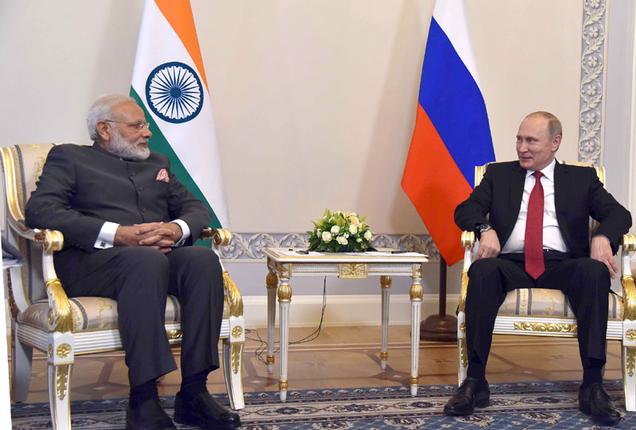
India and Russia today signed the much-awaited agreement on setting up of two more units of a nuclear power plant in Tamil Nadu and decided to give a "new direction" to the defence cooperation between the two "great powers".
The two countries also decided to hold the first tri- Services exercises, named 'Indra-2017', this year and start joint manufacturing of frigates, adding on to the co- production of Kamov-226 military helicopters.
These decisions were taken at the wide-ranging talks between Prime Minister Narendra Modi and Russian President Vladimir Putin here which covered issues like terrorism and increasing trade and investment.
Addressing the media jointly with Putin after the talks, Modi said the relations between India and Russia have been unwavering, based on "mutual love, respect and strong trust".
"From culture to security, our relations have been at par... We speak in one language," he added. He said the two leaders had decided to speed up the bilateral cooperation in all fields, for which an 'Action Plan' has been devised.
Noting that India and Russia were celebrating the 70th anniversary of their relations, Modi said there has been no impact on the ties in all these decades.
Putin described the talks as substantative and said the India-Russia "partnership is developing into strategic and priveleged one."
A Joint Declaration issued after the talks said that "the Indian-Russian special and privileged strategic partnership is a unique relationship of mutual trust between two great
powers."
powers."
It said the relationship covers all areas of cooperation, including in the spheres of political relations, security, trade and economy, military and technical field, energy, scientific, cultural and humanitarian exchanges, and foreign policy.
The relationship helps promote national interests of both countries, and contributes to the establishment of a more peaceful and just world order, the declaration said.
Among the major outcomes of the summit meeting was the signing of the agreement on setting up of Units 5 and 6 of the Kudankulam Nuclear Power Plant (KNPP) with the Russian help in Tamil Nadu, which Modi said will further strengthen the ties between the two countries.
"We welcome the conclusion of the the General Framework Agreement and Credit protocol for Units 5 and 6 of the Kudankulam Nuclear Power plant," said a vision document issued after the Modi-Putin talks.
The reactors will be built by India's Nuclear Power Corporation of India Ltd (NPCIL) and Russia's Atomstroyexport company, a subsidiary of Rosatom, the regulatory body of the Russian nuclear complex. Each of the two units will have a capacity to produce 1,000 MW of power.
The document titled 'A vision for the 21st Century' said economies of India and Russia complement each other in the energy sector and both countries will strive to build an "energy bridge".
It said the future of Indian-Russian cooperation holds great promise across a wide spectrum covering nuclear power, nuclear fuel cycle and nuclear science and technology.
No Comments For This Post, Be first to write a Comment.
Most viewed from International
Most viewed from World
AIMIM News
Latest Urdu News
Most Viewed
May 26, 2020
Which Cricket team will win the IPL 2025 trophy?
Latest Videos View All
Like Us
Home
About Us
Advertise With Us
All Polls
Epaper Archives
Privacy Policy
Contact Us
Download Etemaad App
© 2025 Etemaad Daily News, All Rights Reserved.

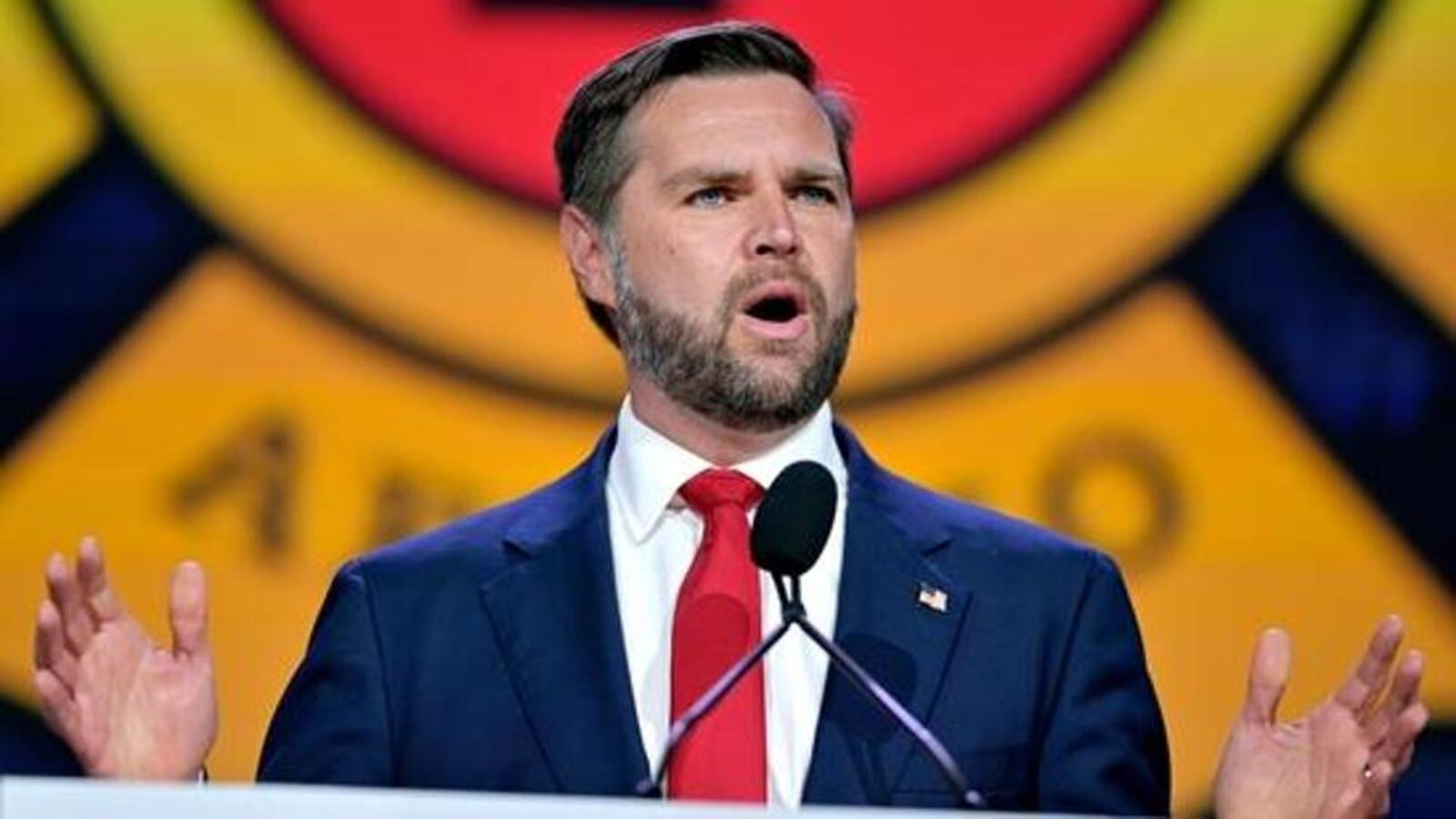
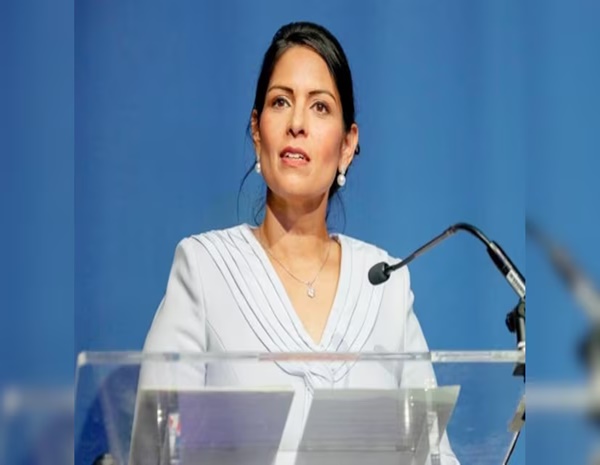
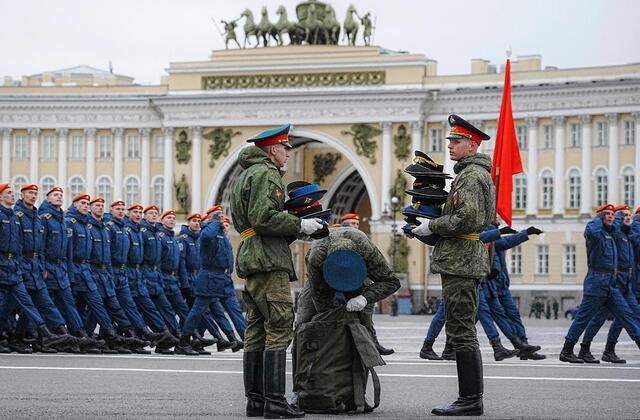
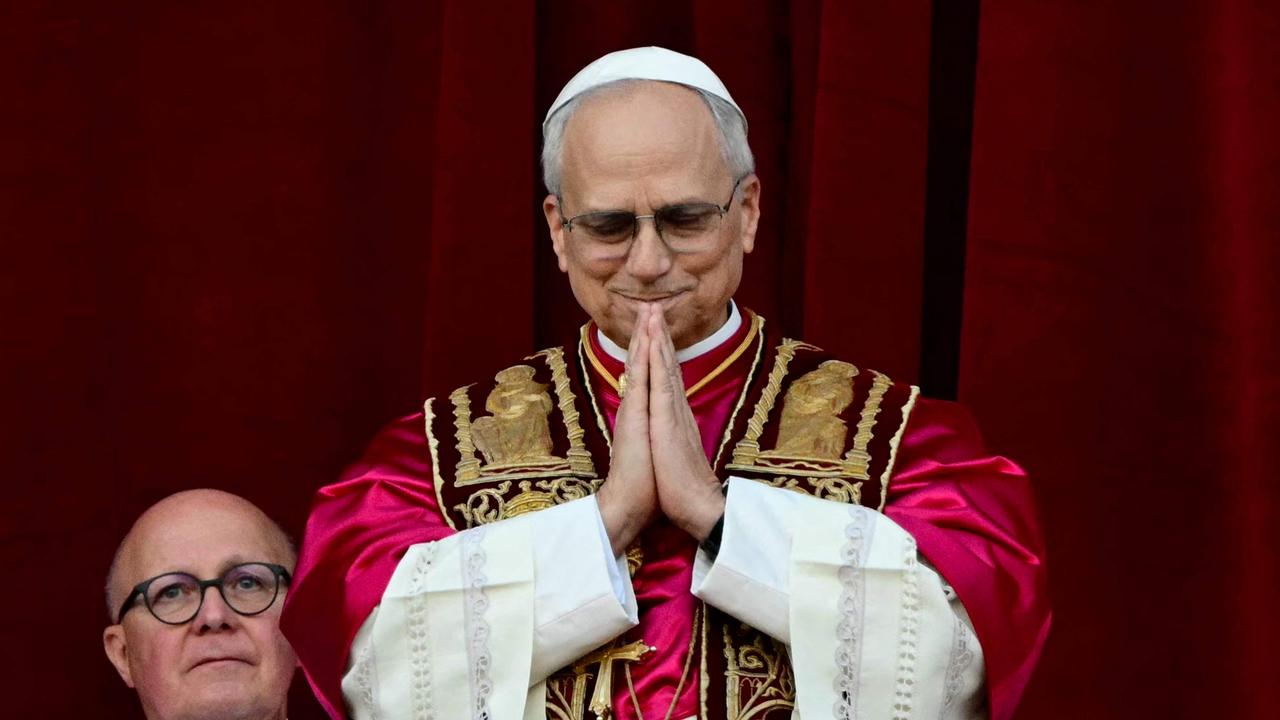
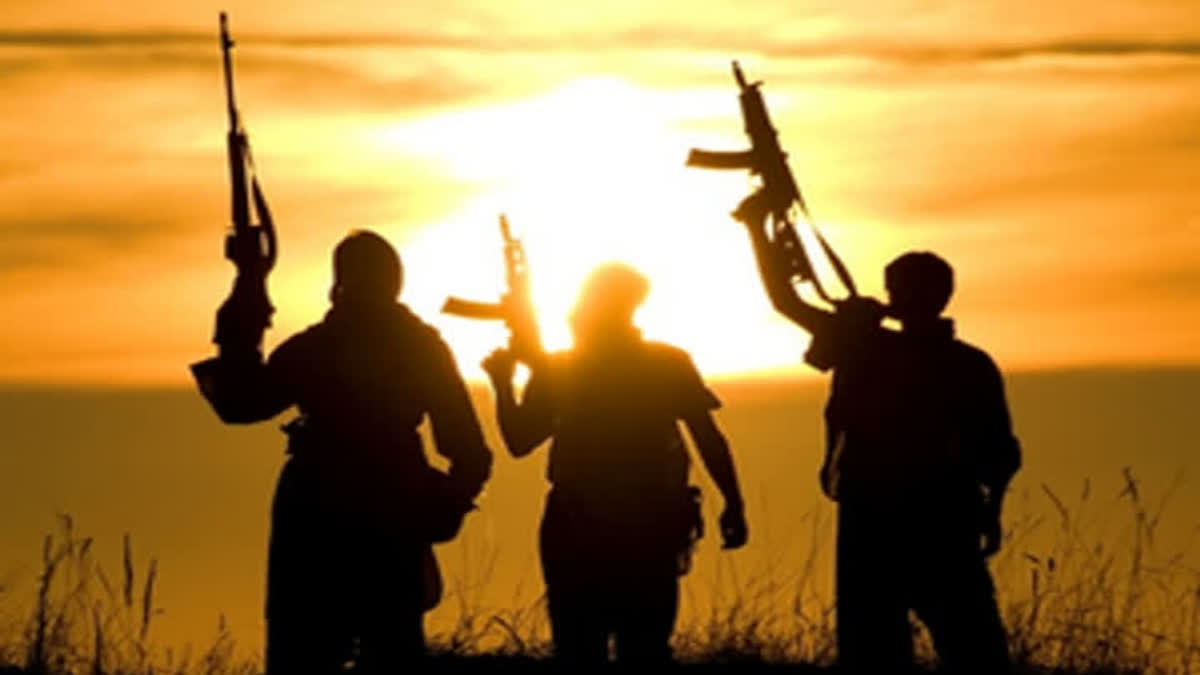
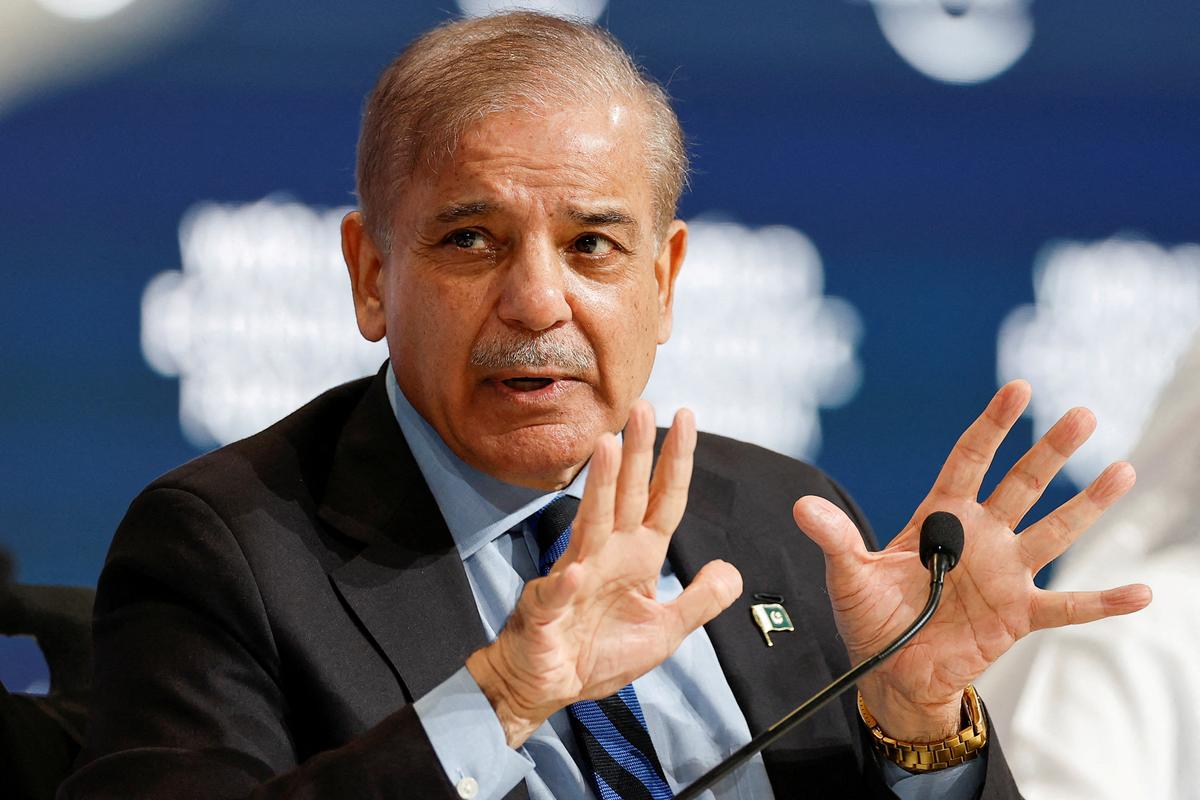
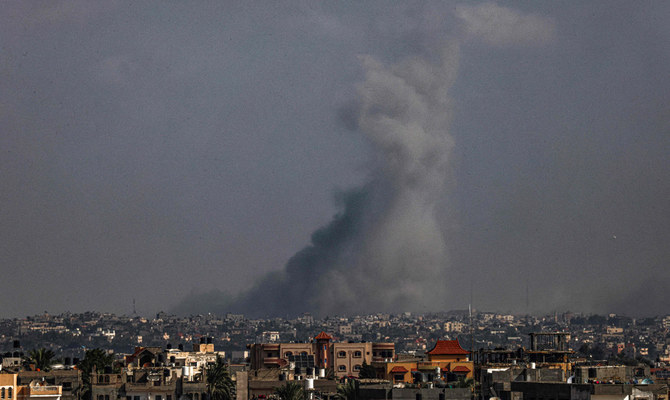
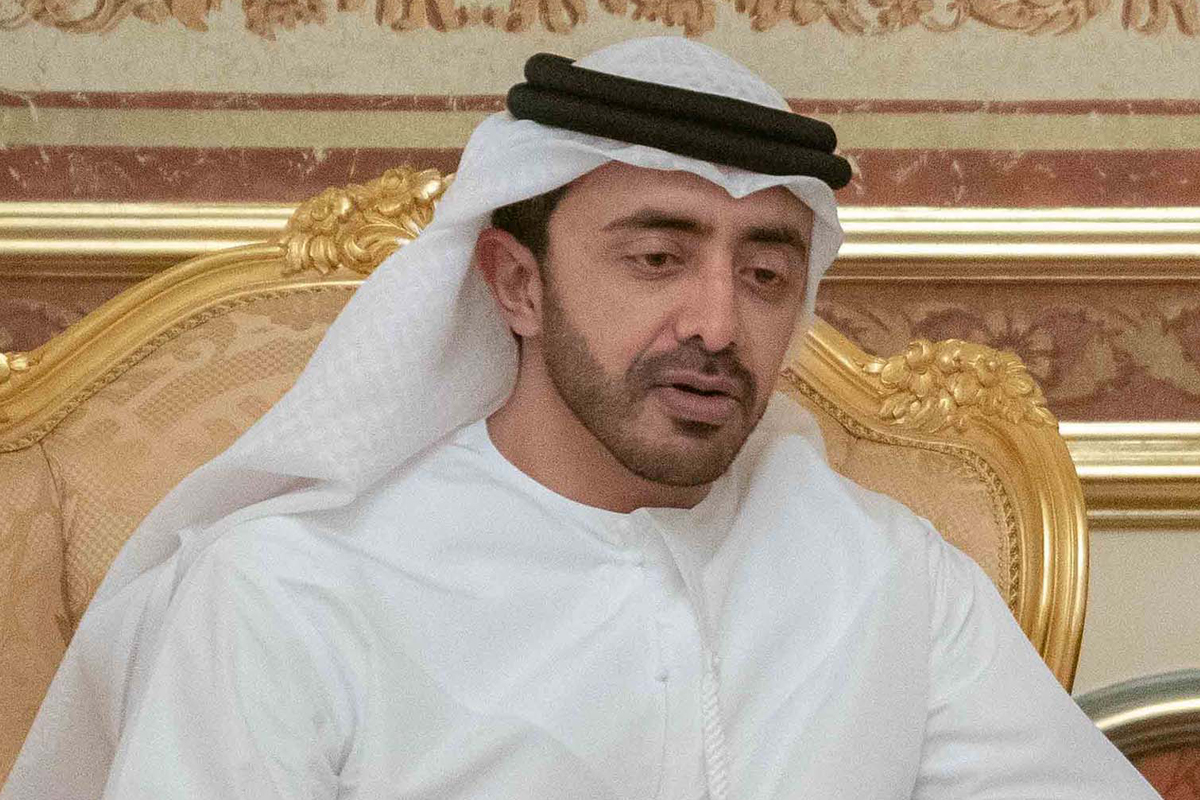
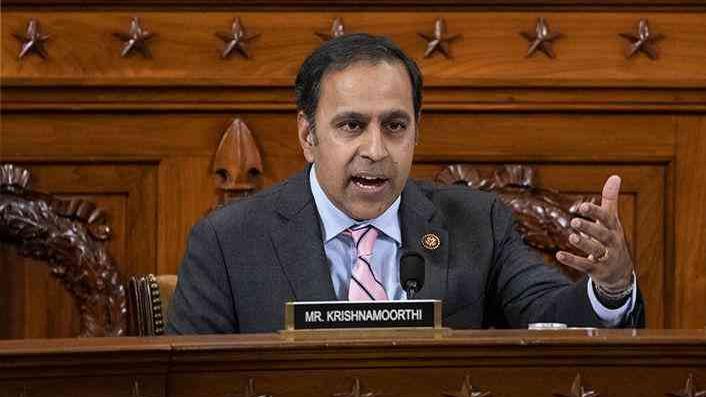

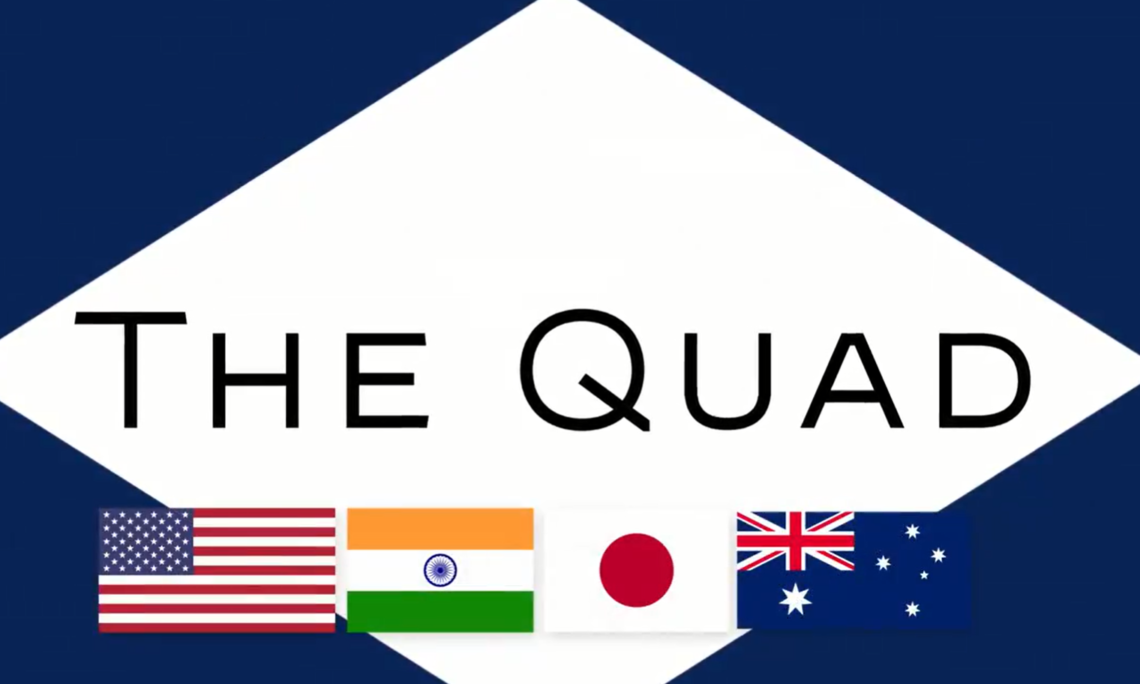
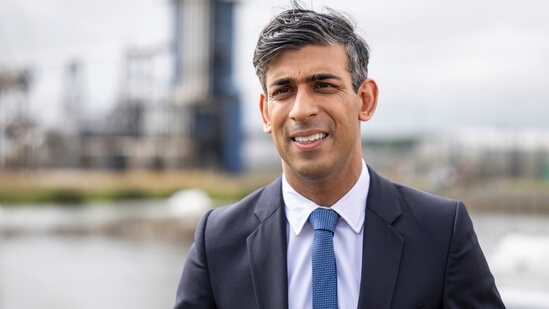
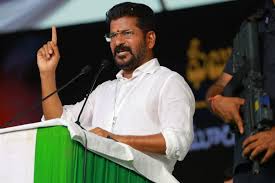
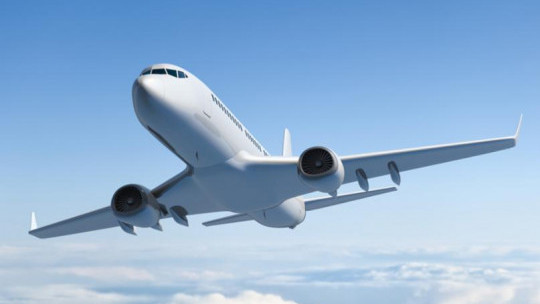
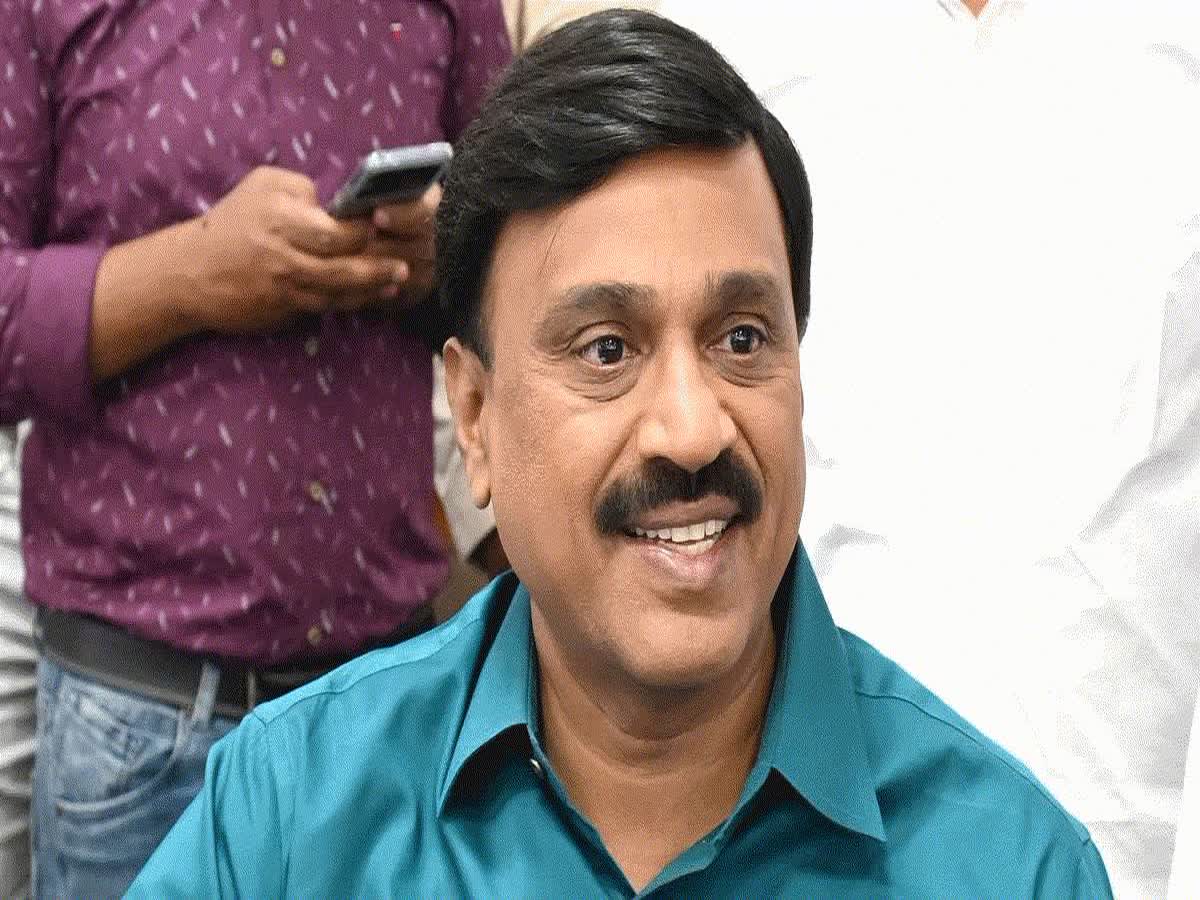
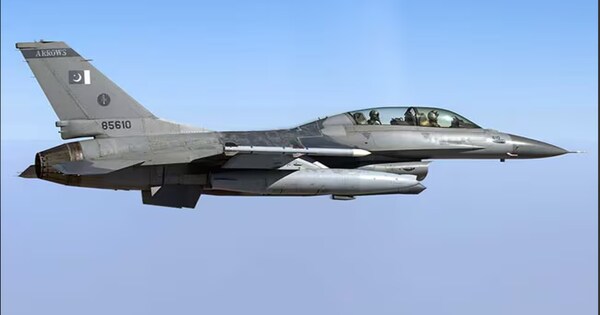

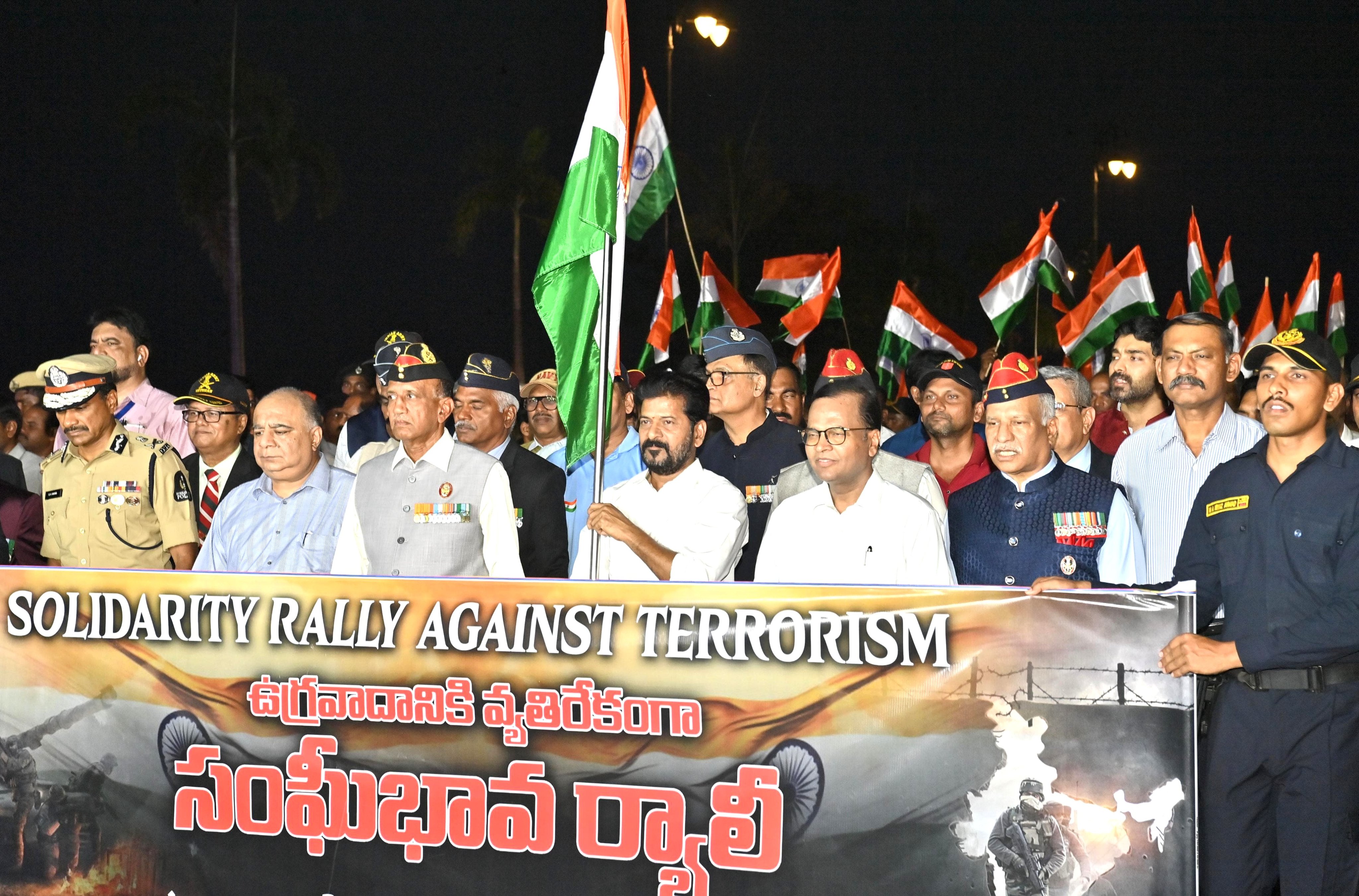

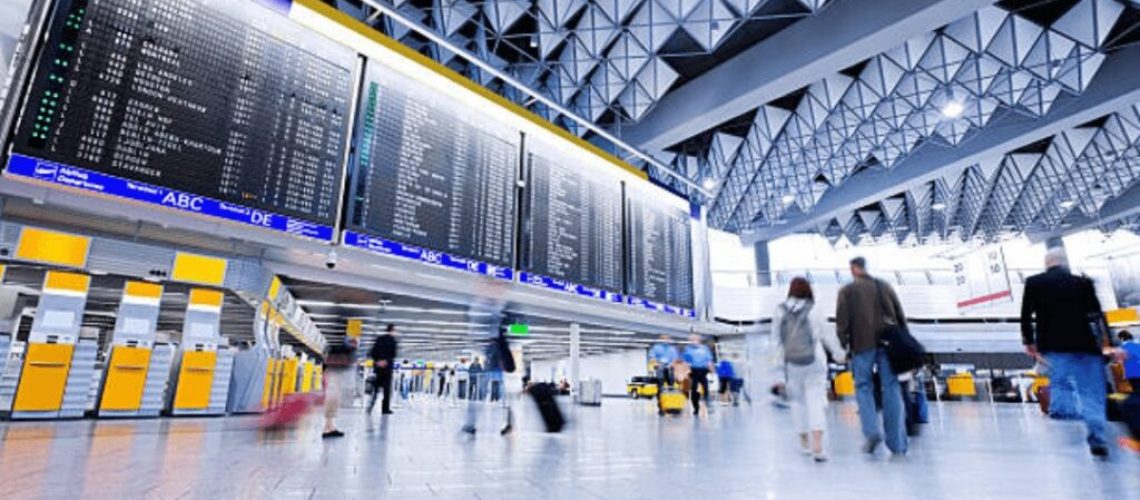
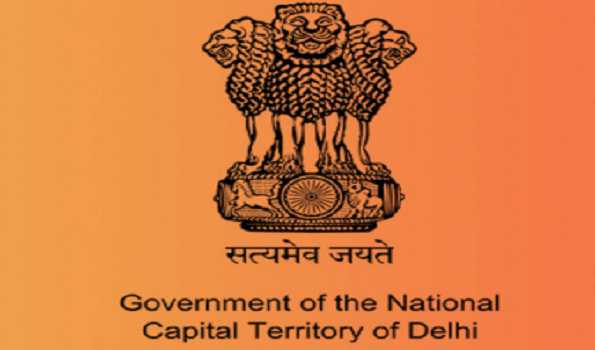
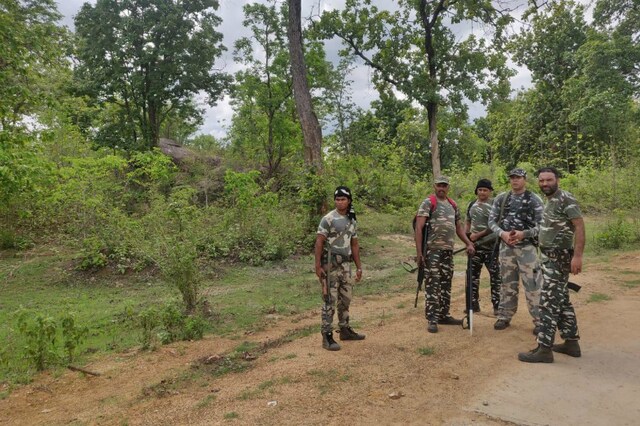
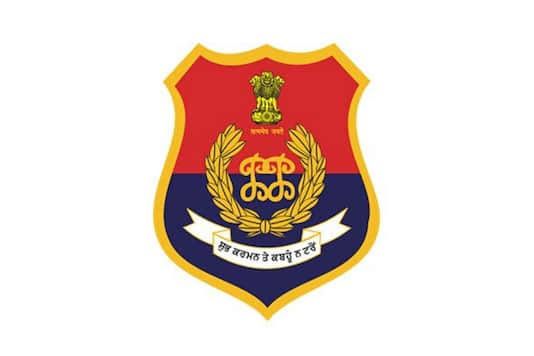
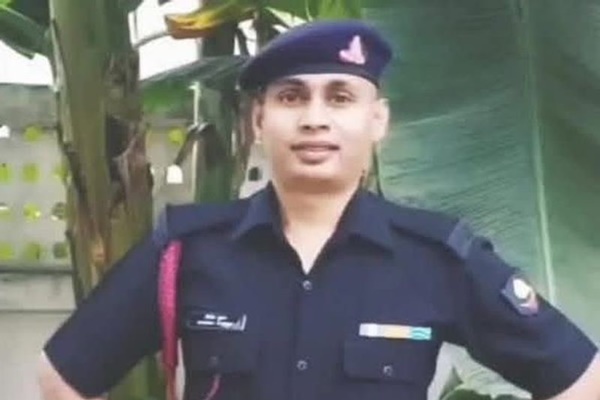




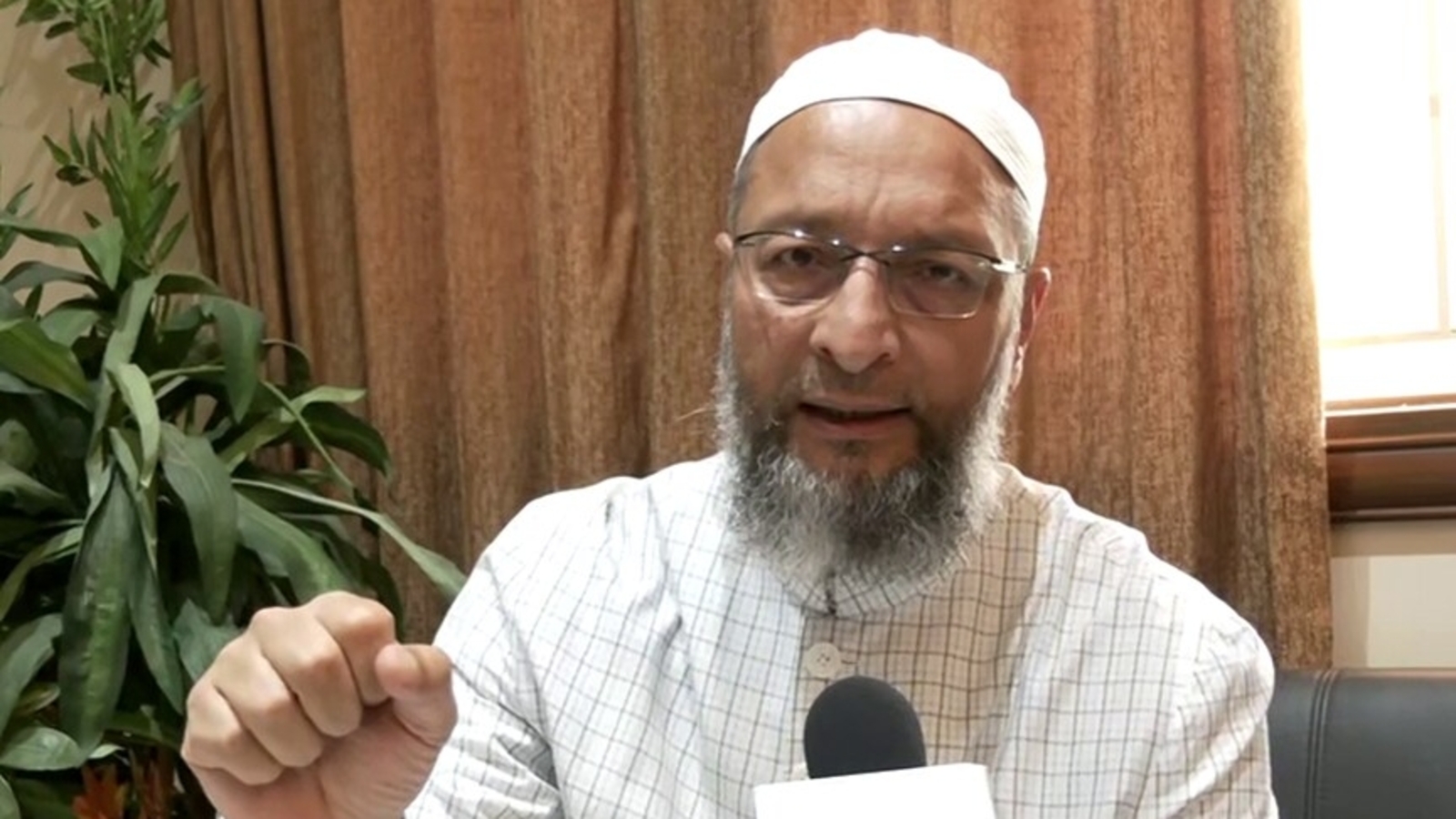
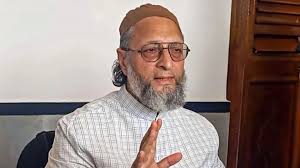
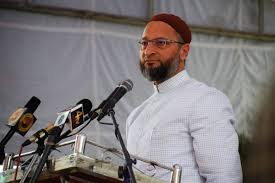





.jpg)




